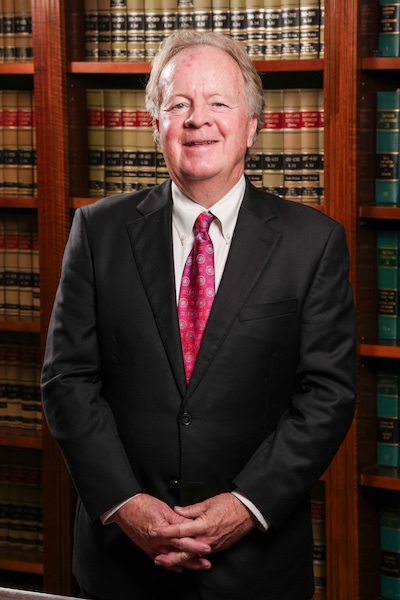The advent of ride-sharing services such as Uber and Lyft, has created some complicated issues concerning which insurance company covers what and to what extent. Which is to say many drivers we speak to have an imperfect understanding about to whom they should turn to cover vehicle repairs, medical treatment, rental vehicles and liability coverage.
This isn't shocking as lawyers have a hard time wrapping their heads around this topic as the ride-sharing companies have made changes that shockingly, don't benefit their drivers.
For illustrative purposes lets take a hypothetical ride-sharing driver accident in which the Uber or Lyft driver is hurt and their vehicle damaged such that it needs to be taken out of service for repairs. At the outset let us recognize the reality that most ride-sharing drivers are utilizing their personal vehicles for their Uber of Lyft work.
Such drivers have "personal" insurance for use of their vehicle when not in service to a ride-sharing entity. Most such insurance policies have "commercial use" exclusions which means if you have the app on looking for a passenger, your "personal" policy generally doesn't apply. There are some exceptions to this rule as auto insurers smell money in charging extra for coverage that may apply when driving for a ride-sharing service but for the most part your "personal" insurance doesn't apply when your app is on or you are actually en route to a prospective passenger or driving that passenger.
That means whatever you bought personally for your car coverage-wise and deductible-wise, is inapplicable. So who picks up the tab for such a crash? The answer is coverage provided by the actual ride-sharing services. How good is that coverage and in what amounts? While the answer varies by jurisdiction ( California always the exception) generally the Uber or Lyft coverage is mediocre at best.
So using the prior illustration, the ride-sharing policies will fix the driver's vehicle but with a $2500.00 deductible. Gulp, how many Uber or Lyft drivers can eat $2500.00 just to get their vehicle repaired? In our experience not many. How about a rental or replacement vehicle while you get your car fixed? Nope.
Surely a Maryland ride-sharing driver gets medical coverage right? Wrong again. For the most part the Lyft and Uber basic policies are abysmal, commensurate with the worst and least expensive policies sold in Maryland.
So what can you do? The answer is that like the "personal" policies discussed above, the ride-sharing services in some instances offer more extensive coverage to their drivers for more money.
The bottom-line is that before you choose to drive for a ride-sharing service be aware that the basic coverage is insufficient and make inquiry about so-called "ride-sharing policies". Uber and Lyft have insurance "partners" that can provide quotes and of course make them more money.
Many liability insurance carriers advertise simultaneously about "cut-rate insurance companies" while also saying " buy only what you need." These ideas contradict one another.
If you never are in accident, then the minimum coverages will generally suffice but once you are in a significant crash you are going to want a low deductible for repairs, rental coverage while your car gets fixed and personal injury protection benefits and/or medpay for your hospital and doctor bills.
You also may want higher liabilty and uninsured motorist coverage in case you either cause a crash of are injured by someone either without insurance or with insufficient coverage.
Many of our clients have said " I bought full coverage" misunderstanding the Maryland minimum required coverage to be "full" rather than sufficient coverage. Ride-sharing services provided coverages in Maryland and D.C. are not sufficient.

